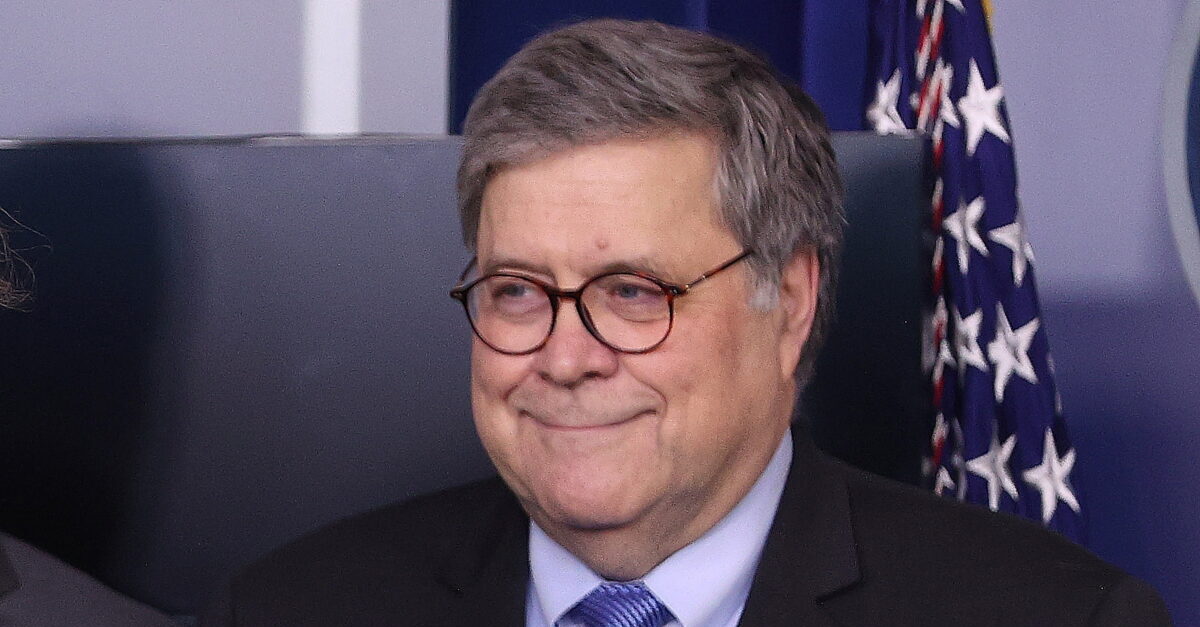
Attorney General William Barr suggested that mail-in voting ballots could be manipulated by foreign governments to sow discord in the lead up to the 2020 elections. In a wide-ranging interview with the New York Times on Monday, Barr conceded that he had not seen any evidence to support his theory. Election experts promptly countered that foreign counterfeit ballots pose little, if any, threat to U.S. elections.
Barr “casually floated” the unsubstantiated conspiracy theory in reference to President Donald Trump’s recent factually incorrect tirade against mail-in ballots in Michigan. Trump erroneously said last month that Michigan had “illegally” sent all eligible voters absentee ballots (they were applications, not ballots). He threatened to withhold congressionally approved federal funds (a threat lawyers said would very likely be illegal if carried out), and called increases in mail-in voting the “path” to voter fraud.
From Times reporter Mattathias Schwartz on Barr’s remarks:
But when I brought up Trump’s tweet about Michigan, which he posted that same morning, Barr quickly seized the opportunity to float a new theory: that foreign governments might conspire to mail in fake ballots.”I haven’t looked into that,” he cautioned, offering no evidence to substantiate that this was a real possibility. But he called it “one of the issues that I’m real worried about,” and added: “We’ve been talking about how, in terms of foreign influence, there are a number of foreign countries that could easily make counterfeit ballots, put names on them, send them in. And it’d be very hard to sort out what’s happening.”
Despite the wild speculation by the nation’s top law enforcement official, legal and election experts were quick to throw cold water on the attorney general’s worries.
“Bless Bill Barr’s heart – this just couldn’t happen,” wrote attorney Michael Li, senior counsel for the Brennan Center’s Democracy Program, where he specializes in redistricting, voting rights, and election law.
Li went on to explain that several safeguards are already in place that prevent this kind of tampering. For example, envelopes for all mail-in ballots have unique bar codes that are scanned when the ballots are received, and signature comparisons to mail-in ballot have to match ones already on file, making any large-scale counterfeiting endeavor extremely difficult, if not impossible.
“So it’s hard to see Barr’s comments as something other than the laying of the ground work for casting doubt about the election after November That’s why it’s important that we all push back,” Li concluded.
Sasha Samberg-Champion, a former senior attorney in the Appellate Section of the Civil Rights Division of the U.S. Department of Justice, called Barr’s comments “Kris Kobach-level fear mongering,” in reference to the former Kansas secretary of state infamous for promulgating false and misleading voter fraud claims.
[Image via Win McNamee/Getty Images.]